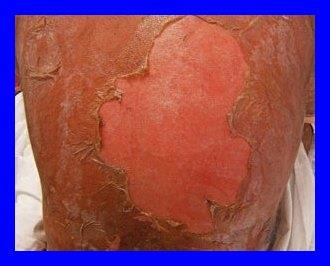missfaith
New Member
Hi everyone! I've search the forums for tips on syringe feeding, and everything i'm seeing is in regards to small tortoises. We are trying to help our 100 lb guy feel better and have some Critical Care mix to try to syringe feed him. Has anyone out there had experience doing this with a larger tortoise? I'm really the most concerned with how to get his mouth open! Any help/ideas/suggestions would be greatly appreciated!
